3-D Underwater Microscope
Scientists are testing a new 3-D underwater microscope to study tiny marine predators.

Scientists are testing a new 3-D underwater microscope to study tiny marine predators.
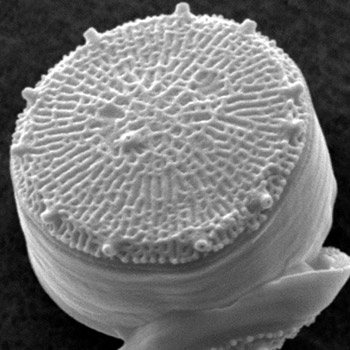
Scientists have overcome a major challenge in the commercial production of biofuel.

Objects like blankets and stuffed animals can theoretically spread illnesses, but it's not a big concern.
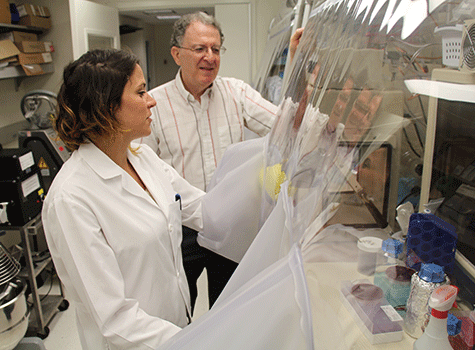
Gut microbes may be crucial to maintaining a healthy weight. The latest evidence comes from a study that transplanted human gut bacteria into mice.

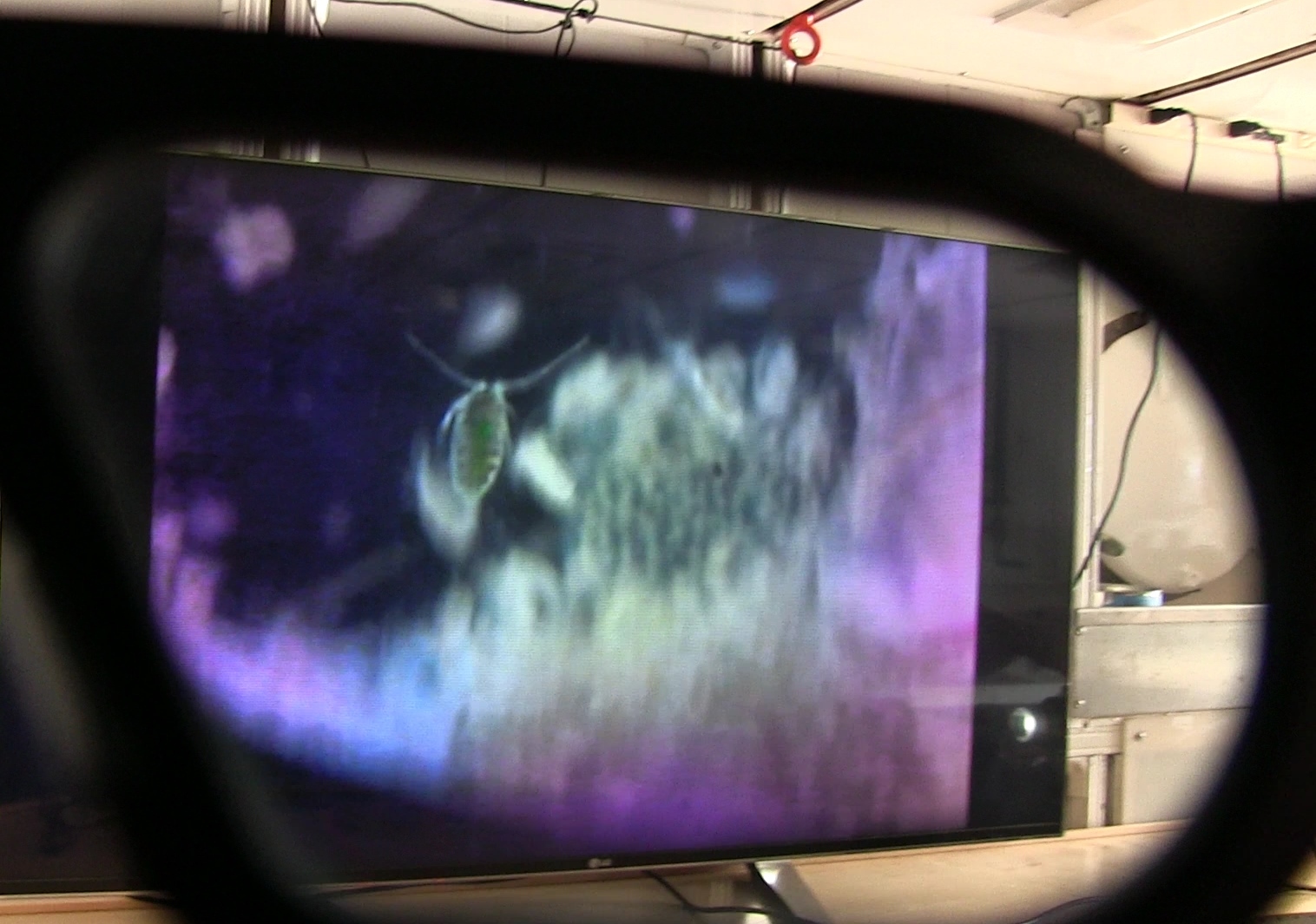
Scientists are testing a new 3-D underwater microscope to study tiny marine predators.
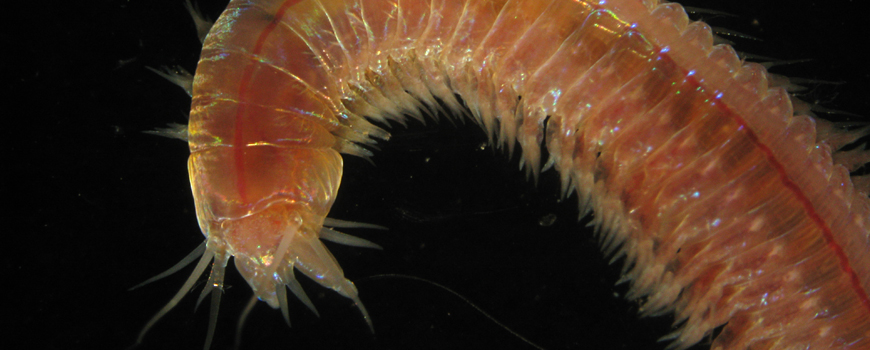
Rising oxygen levels during the Cambrian period allowed for the rise of ocean carnivores and the subsequent explosion of animal diversity.

Researchers have discovered a compound in the Pacific Ocean that fights both staph infections and anthrax.
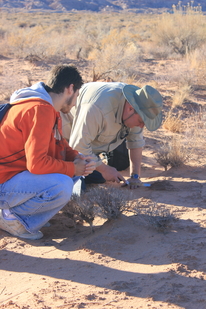
Soil microbes are affected by climate change, which could be a big deal.
Microscopic organisms represent a vast, unexplored territory for biologists trying to understand the earth’s ecology—including the ecology inside our homes and even our bodies.

WHEN SCIENCE MEETS HISTORY - Ocean temperature records from a 19th century research ship confirm global warming. Reviving plants hidden under glaciers for centuries. Tracing the genetic origins of the blight that started the Irish Potato Famine. And uncovering evidence of lead pollution in Spain from 4,000 years ago.
Obese and diabetic mice have less of a certain gut bacteria, and replenishing the bacteria helps them lose weight.
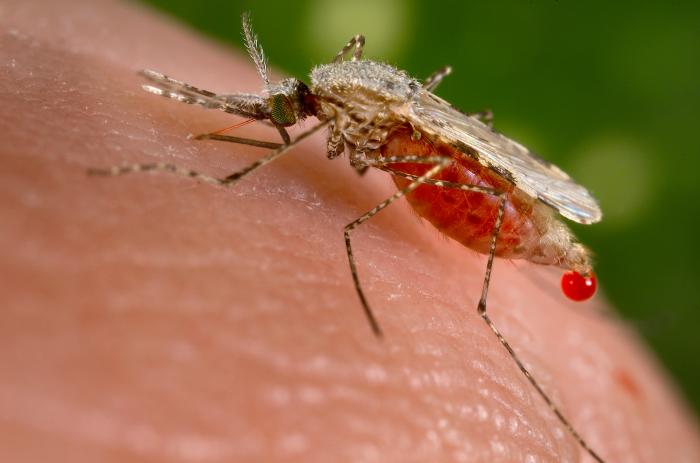
Researchers have found a gene that gives the malaria parasite safe harbor in mosquitoes.


Scientists have identified an enzyme that could be responsible for one of the rarest childhood diseases of all.

Scientists have identified the genetic variant of the fungus-like organism responsible for setting off the Irish Potato Famine.
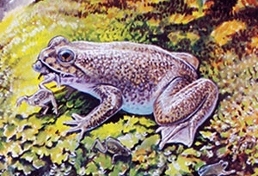
Researchers have developed medical implants that dissolve after they've done their job.

Fruit flies are providing researchers with insights into wound healing and Parkinson’s disease.

Each carnivorous pitcher plant contains a unique food web, depending on what falls in.

Energy drinks and red meat contain carnitine, a substance that promotes heart disease with the help of gut bacteria.
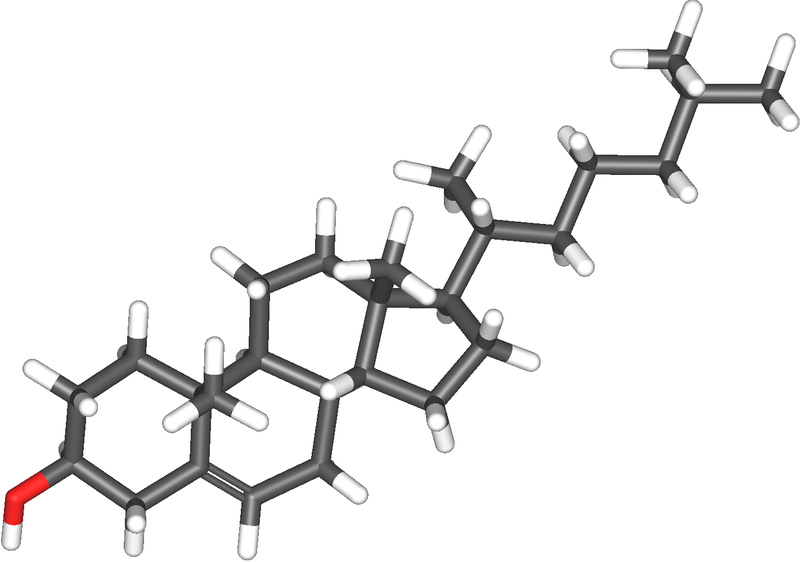
Despite its reputation, cholesterol may be useful for treating several medical conditions.
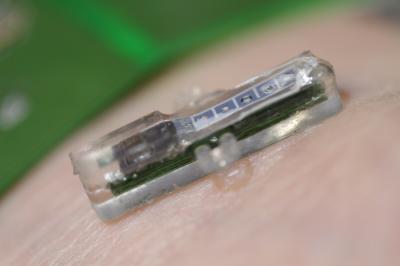
Researchers have developed an implantable blood testing sensor that can monitor blood glucose levels and chemotherapy drugs, among other things.
